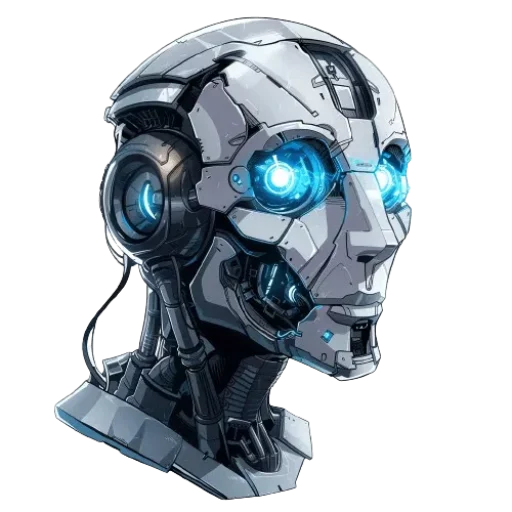Key findings
Generative artificial intelligence (GenAI) is set to impact but not transform the work of Tile and Stone Setters.
Blue-collar jobs like this are unlikely to be automated by GenAI, as it cannot perform physical tasks.
The unique automation wave may even increase demand for such workers due to premium goods and services.
Skills like Active Listening, Speaking, Mathematics, and Critical Thinking used in this job are less likely to be automated in the future.
While some tasks may be automated, the essence of the work will remain reliant on human expertise and coordination.
How could AI or automation replace or complement job activities?
Artificial intelligence, automation, or LLMs like ChatGPT could potentially enhance certain aspects of the work done by individuals in the field of laying tiles and stones.
While these technologies could assist in tasks like analyzing blueprints or estimating material requirements, the intricate and hands-on activities involved in aligning, cutting, shaping, and installing tiles require human skill and precision.
For instance, in the job of “Tile and Stone Setters,” these technologies could aid in calculating material quantities and offering design suggestions, but the physical tasks of cutting, positioning, and finishing tiles rely on the expertise and craftsmanship of a skilled worker.
Job description
Applies hard tile, stone, and similar materials to walls, floors, ceilings, countertops, and roof decks.



0 Comments